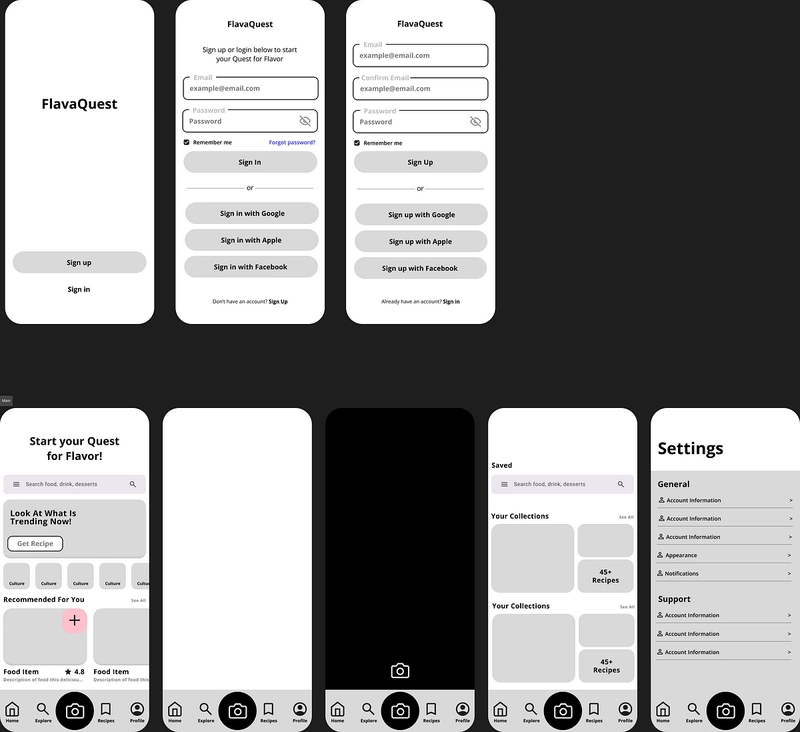Environment variables are a staple in every project. Whether it's your API key, app name, or feature flags — you've probably used .env files with react-native-config or similar solutions.
But here’s the catch: those tools are mostly bridge-based, rely on runtime JSON, and aren’t exactly the fastest — especially for performance-sensitive apps.
That’s why I built react-native-config-jsi — a lightweight, ultra-fast JSI-based library that lets you access .env variables natively, via C++.
⚡ Why this matters
- ✅ Synchronous access to
.envvariables at runtime (no async/Promise) - ⚙️ Backed by C++ and integrated via React Native JSI
- 🧠 Minimal overhead — no bridges, no JSON, no wrappers
- 🧩 Works like
react-native-configbut faster and cleaner
📦 Install
npm install react-native-config-jsi🔧 Setup
- Create your
.envfile:
API_KEY=your_api_key
APP_NAME=MyAwesomeApp- For iOS:
- Run
pod installinside theios/directory - Add a Run Script Phase in Xcode Build Phases:
bash "${SRCROOT}/../node_modules/react-native-config-jsi/src/scripts/generate.sh"This step ensures that your .env gets compiled into a native source file during build time.
🚀 Usage
import { RNConfig } from "react-native-config-jsi";
const apiKey = RNConfig.get("API_KEY");
console.log("API_KEY:", apiKey);⚠️ After changing
.env, make sure to rebuild or restart the app to apply changes.
🧩 Behind the scenes
This library uses a small C++ layer to parse the .env file at build time and expose the key-value pairs via a JSI binding. That means:
- No bridge involved
- No runtime parsing
- Instant reads from C++ memory
🛠 Use cases
- Reading API keys or environment-specific configs at startup
- Feature toggles via env vars
- Optimizing config reads in performance-sensitive screens
🔗 Links
- GitHub: pioner92/react-native-config-jsi
- NPM: react-native-config-jsi
This is especially useful for those who already use JSI-based tooling or want the cleanest possible access to .env variables without touching the bridge.
Try it out and let me know what you think — happy to answer questions and improve it based on real-world feedback!
🧠
